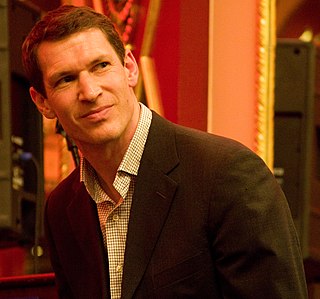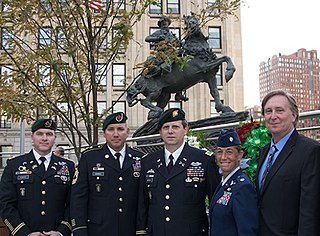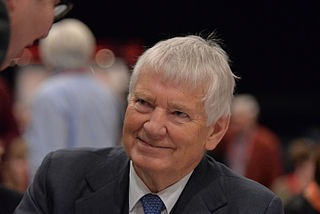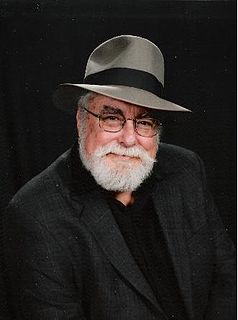A Quote by Pilou Asbaek
With 'A Hijacking' I didn't talk to anyone who had been hijacked, but with 'A War,' I talked to as many soldiers as possible trying to understand how is it in Afghanistan.
Related Quotes
With soldiers, their wives are so fundamental in their relationships, and yet there's this kind of other war happening back in the States, where wives of soldiers don't quite understand what their husbands have been through, because their husbands won't really talk about it, and that's really the hidden war.
In times of war, as everyone knows, who has lived through one, or talked to soldiers when they are allowing themselves to remember the truth, and not the sentimentalities with which we all shield ourselves from the horrors of which we are capable ... in times of war we revert, as a species, to the past, and are permitted to be brutal and cruel. It is for this reason, and of course others, that a great many people enjoy war. But this is one of the facts about war that is not often talked about.
If Afghan soldiers continue to kill American soldiers as is happening these days, it can hardly be assumed that they will stay in Afghanistan in the long term. And what role are they to play? There will not be enough soldiers to ensure the security of the country. But will the US still be permitted to kill terrorists in Afghanistan and Pakistan with un-manned drones? That could worsen the situation in the neighboring states and they could view Afghanistan as a threat.
When I went to Afghanistan in 2003, I walked into a war zone. Entire neighborhoods had been demolished. There were an overwhelming number of widows and orphans and people who had been physically and emotionally damaged; every 10-year-old kid on the street knew how to dismantle a Kalashnikov in under a minute. I would flip through math textbooks intended for third grade, fourth grade, and they would include word problems such as, "If you have 100 grenades and 20 mujahideen, how many grenades per mujahideen do you get?" War has infiltrated every facet of life.
Of all the places I've been while talking to audiences about the U.S. Army's 5th Special Forces Group and their story in Afghanistan, one of the most rewarding was an appearance before the 5th Group soldiers themselves at Ft. Campbell, their home, and the place from which they had launched their historic mission in Afghanistan in 2001.
I know I have been portrayed as a general looking for war. Many other headlines speak of that. That's what people say. But I understand the importance of peace because I saw the horrors of war. That's how I see it. I lost my best friends in battles.. and I had to make decisions of life and death, of others and myself.
Most of my friends' fathers had been in the war - either as soldiers or in some other capacity in the military. Whereas my father had not fought. He was older and he was in a business that was considered essential to the wartime effort - the wire business - and, of course, I was so young I didn't understand any of this.
There is also the fact that NORAD-Northeast was conducting war game exercises that morning, a fact that has been very little talked about and certainly not reported to the general public. What's also not been reported, according to the information that I have, at least one of the scenarios they were considering in their war game exercises concerned hijacked aircraft being crashed into buildings. Now, this could explain the lack of response when the air traffic controllers began to report that four planes were off course.
How many times have I wondered if it is really possible to forge links with a mass of people when one has never had strong feelings for anyone, not even one's own parents: if it is possible to have a collectivity when one has not been deeply loved oneself by individual human creatures. Hasn't this had some effect on my life as a militant--has it not tended to make me sterile and reduce my quality as a revolutionary by making everything a matter of pure intellect, of pure mathematical calculation?
Johnny Apple, a New York Times correspondent, wrote a front-page story saying Afghanistan could be a quagmire and he was mocked and derided. What is certainly true is that all sorts of resources that would have been used in Afghanistan were diverted to Iraq. Would those resources have helped? Almost undoubtedly. Whether or not Afghanistan would be a peaceful nation-state had we not gone into Iraq I doubt. Afghanistan is going to be Afghanistan, no matter how hard we try to make it something else.




































